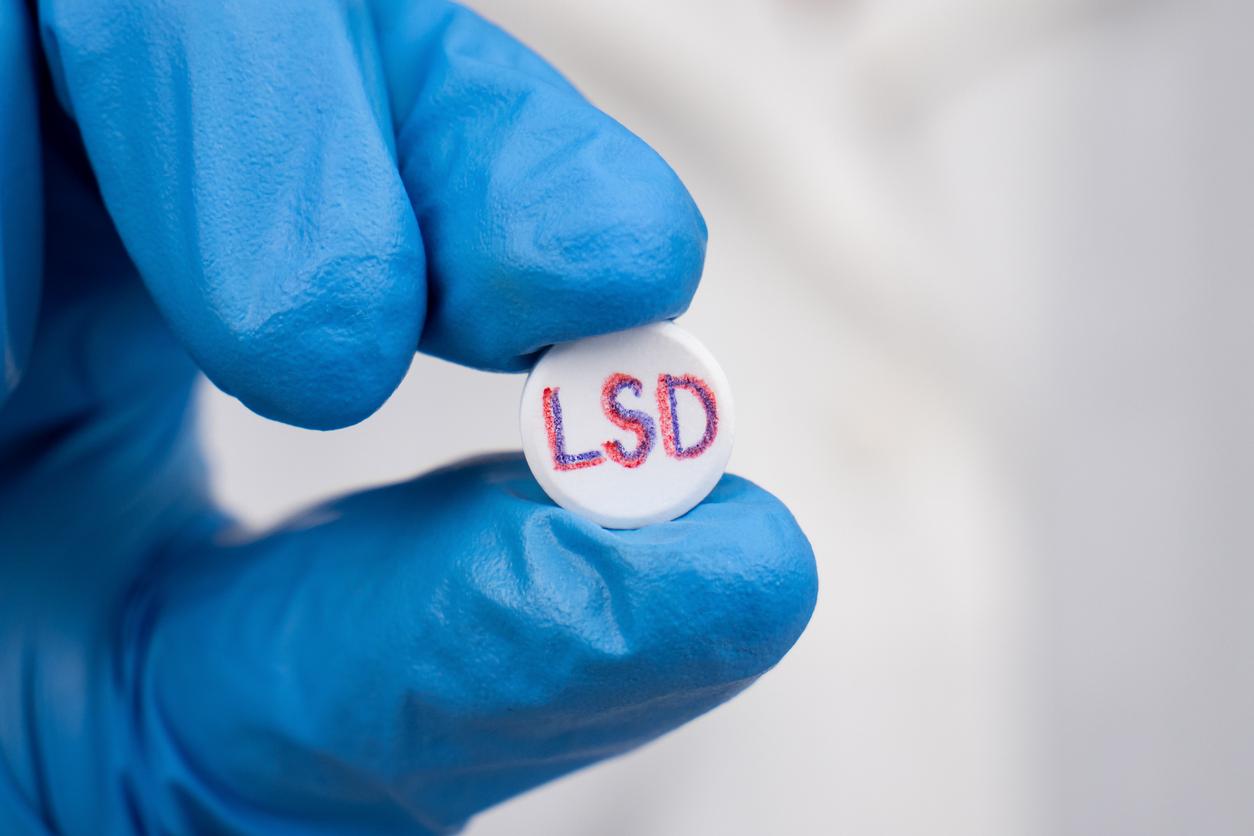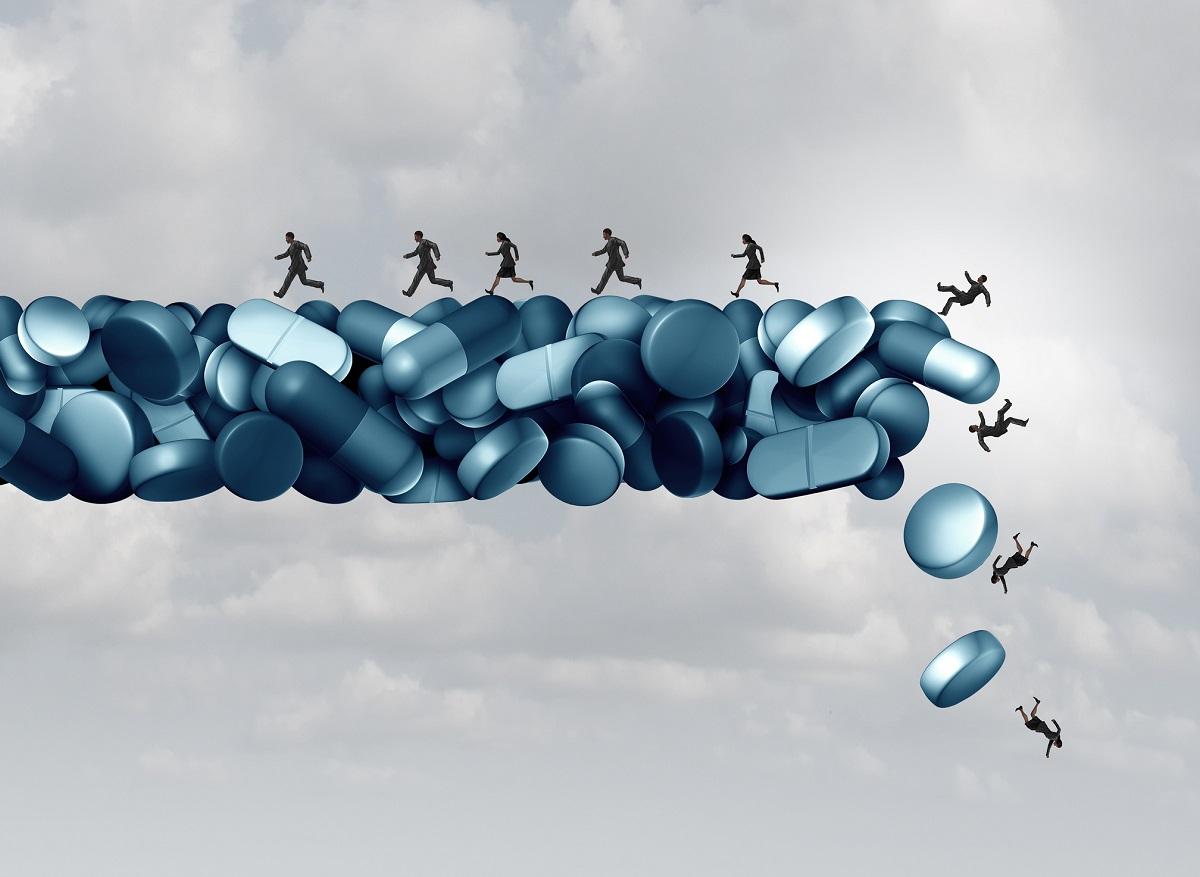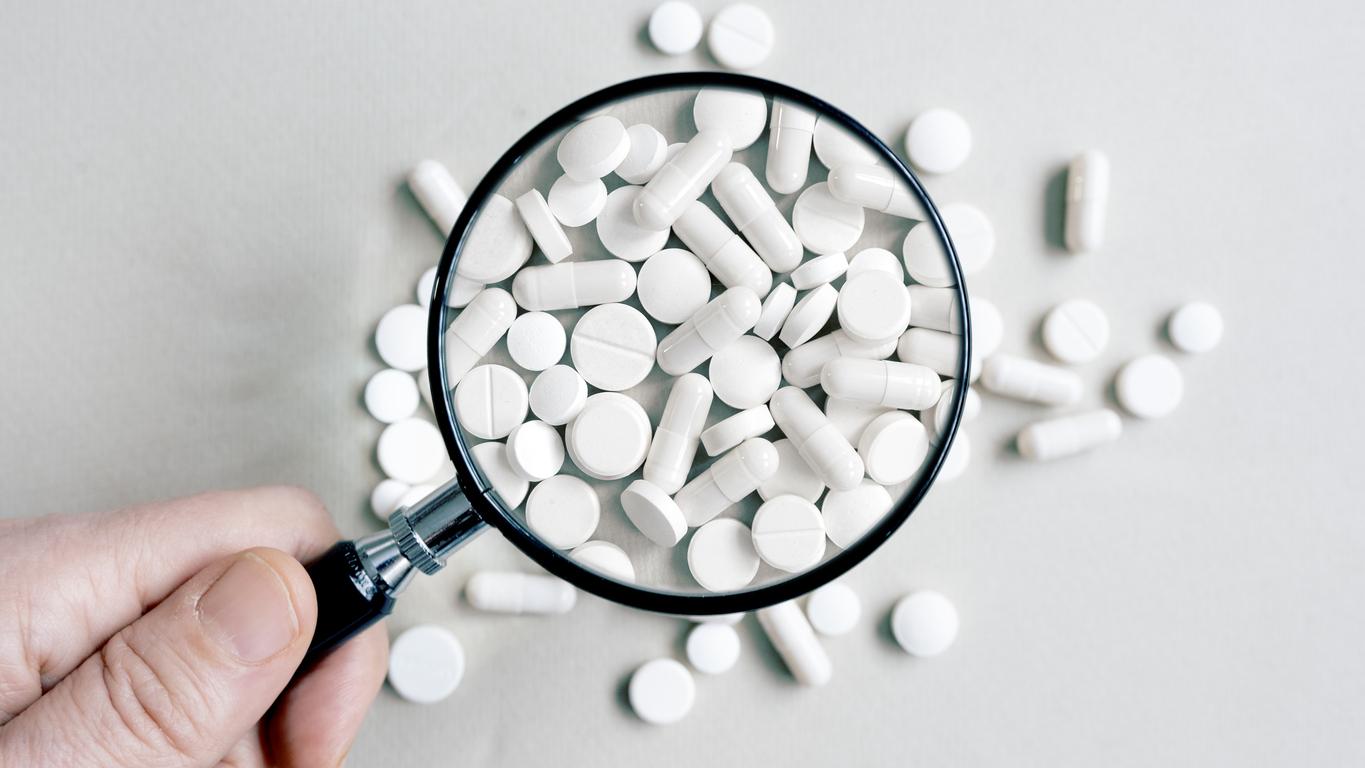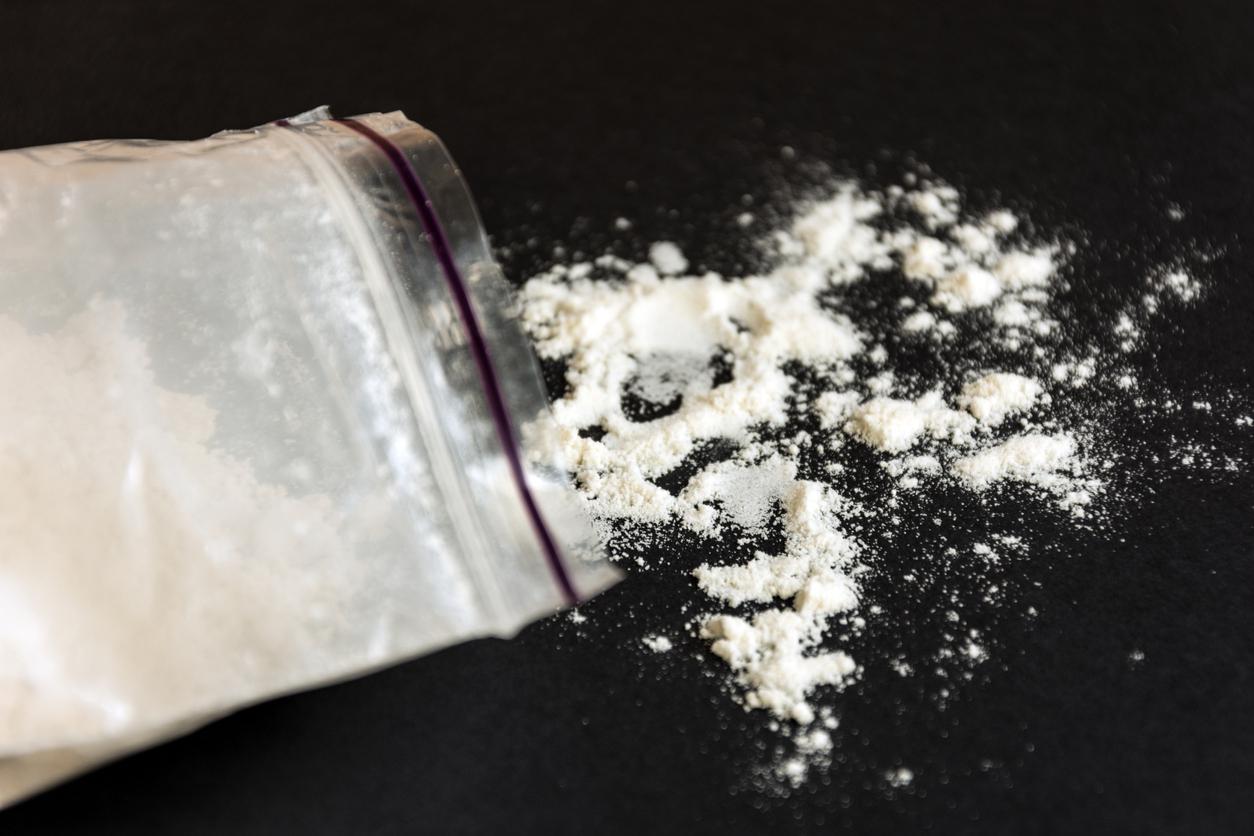The maximum dosage of Baclofen has been revised downwards after the publication of a worrying study. Addictologists are critical of this decision.
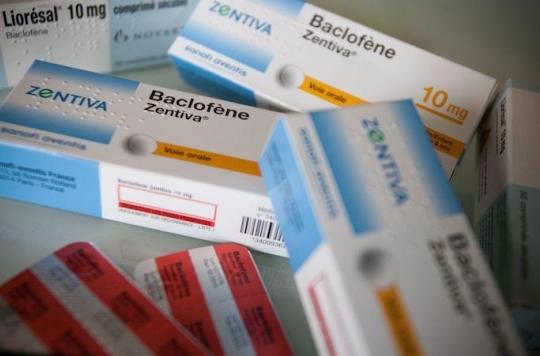
Has the end of the honeymoon sounded for baclofen? Praised by addictologists, this drug is suspected of reducing alcohol dependence. But clinical trials reporting a minor impact follow one another. However, high doses are administered.
More worryingly, the latest study showed an increased risk of hospitalization and death beyond 75 mg per day. These results have prompted the National Medicines Safety Agency (ANSM) to review its strategy.
The Temporary Recommendation for Use (RTU), in force since 2014, has been revised. From now on, doctors will not be able to prescribe more than 80 mg of baclofen per day. This arouses anger and incomprehension on the side of the practitioners.
A difficult transition
On the side of addictologists, concern dominates. According to the study conducted by Inserm and the National Health Insurance Fund, only 1% of patients take doses of bacofen greater than 180 mg per day. And only 9% consume high doses.
But alcohol addiction specialists fear the transition to the new dosage will be difficult. Even dangerous. “The decrease in doses can only be done gradually, augurs the general branch of the Addiction Federation. in a press release. A certain number of general practitioners will continue to prescribe sufficient doses of baclofen, excluding RTUs and Marketing Authorizations ”.
Patients will then be outside any pharmacovigilance system, which presents a real risk. As it stands, the association regrets that the results of the latest study, Bacloville, are not expected.
49,000 deaths per year
Reducing the maximum dose could also have a counterproductive effect, according to MG Addiction. In the absence of appropriate care, patients will continue to consume at risk. And the damage caused by alcohol leaves no room for controversy.
Each year, 49,000 premature deaths are linked to this substance. “The consequences of the absence of treatment at an effective dose (…) are far more serious than the drawbacks of baclofen”, considers MG Addiction.
Beyond the ANSM’s decision, it is the entire study carried out at the origin of this revision that is under fire from critics. Addictology specialists point to a major flaw: it does not relate to patients included in the RTU.
The method in doubt
Only people in treatment failure can integrate the temporary recommendation for use. They must therefore have tried other authorized drugs (acamprosate, naltrexone, nalmefene, disulfiram). The Inserm study focuses on diseases that have never been exposed to another treatment. A major bias, to believe MG Addiction.
The association also points to the large differences between the groups taking baclofen and other treatments, in terms of age and comorbidities. Result: any comparison loses its meaning, according to these practitioners.
The Baclofen association has a speech very close. She is very critical away from the adopted method, which does not take into account the seriousness of the dependence or the presence of other psychiatric pathologies.
The ANSM’s decision is therefore deemed illegitimate by many players in alcohol dependence. Which does not bode well for the future. It is very likely, in fact, that the prescriptions will continue without observing the official recommendations.
.













